Emmy van Deurzen is a leading contemporary existential therapist and philosopher based in Britain. Born in the Netherlands, she has been instrumental in developing the existential approach to psychotherapy and making it accessible to a wide audience.
Key Ideas and Contributions
Four Dimensions of Existence
Central to van Deurzen’s approach is the idea that human existence plays out across four dimensions:
- Physical Dimension: Encompassing the natural world and our bodily reality. It involves grappling with the basic facts of our physical existence – that we are embodied beings subject to the forces of nature and the inevitability of death.
- Social Dimension: Our being-in-the-world-with-others. It includes our relationships, social roles and identities. Key existential themes here are love, belonging, isolation, and authenticity in relation to others.
- Personal Dimension: The realm of our inner world – our thoughts, feelings, values and sense of personal identity. The challenge in this dimension is to establish a coherent and meaningful sense of self.
- Spiritual Dimension: Relating to meaning, values and purpose beyond the self. It’s about our connection to something greater, whether that be God, nature, or ideals like truth and beauty.
For van Deurzen, mental health difficulties often arise when there are conflicts or incongruities between these dimensions. The task of therapy is to help clients face the challenges of each realm and establish a more authentic and integrated way of being.
Emotional Honesty and Acceptance
Van Deurzen emphasizes the importance of helping clients come to terms with the inevitable paradoxes and difficulties of existence, rather than seeking to eliminate or avoid distress. This involves fostering an attitude of emotional honesty, where clients learn to accept and stay with challenging feelings.
She sees psychological defense mechanisms as ways we try to evade the realities of existence, and argues that over-reliance on them diminishes our vitality and authenticity. The aim of therapy is to build the capacity to live with greater openness and courage in the face of life’s uncertainties.
Meaning and Values
Existential therapy as practiced by van Deurzen places a strong emphasis on helping clients clarify their values and construct a sense of meaning in their lives. This involves deep reflection on one’s choices, commitments and guiding principles.
Van Deurzen sees this quest for meaning as an inherently philosophical endeavor. She encourages a Socratic stance of curiosity and questioning to help clients examine their underlying assumptions about life and develop a more considered, intentional way of being.
Phenomenological Exploration
Van Deurzen advocates a phenomenological method in therapy, where the focus is on deeply exploring and describing the client’s lived experience across the four dimensions. The therapist aims to set aside their preconceptions and meet the client’s reality with fresh eyes.
This involves attending closely to the client’s actual words and felt sense, and helping them articulate the nuances and textures of their inner world. The therapist acts as a fellow explorer, accompanying the client into the depths of their experience.
Impact and Legacy
Through her extensive writings, teachings and leadership roles in existential therapy organizations, van Deurzen has played a pivotal part in advancing the existential approach. She has helped define its theoretical foundations and provide practical guidance for therapists.
Her dimensional model offers a clear conceptual map for navigating the existential terrain. It provides a framework for exploring clients’ worlds in a systematic yet flexible way, and identifying realms of challenge and potential growth.
At the same time, van Deurzen’s emphasis on philosophy as a pathway to self-understanding has renewed the ancient links between therapy and the examined life. She has shown how the great existential thinkers can illuminate the dilemmas of modern living, and serve as guides in our quest for meaning.
Perhaps most importantly, van Deurzen’s work carries a deep ethical commitment to helping people live with greater integrity, vitality and courage. She challenges both clients and therapists to confront existential realities head-on, and to take responsibility for shaping an authentic life within the constraints we are given.
In an era of quick fixes and surface solutions, van Deurzen’s existential approach represents a clarion call to dive deeper – to have the difficult conversations, ask the hard questions and do the soul work required to forge a life of substance and purpose. Her legacy invites us to embrace the adventure of existence in all its uncertainty, mystery and potential for meaning.
















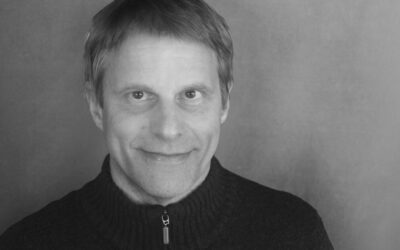

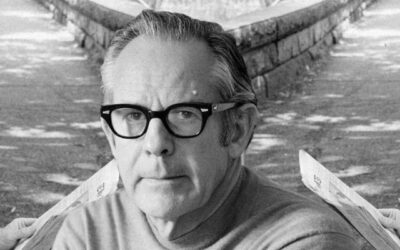
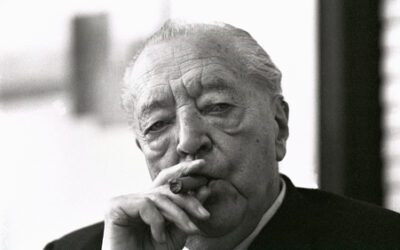
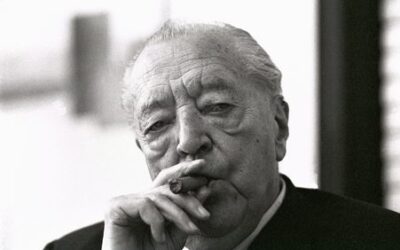
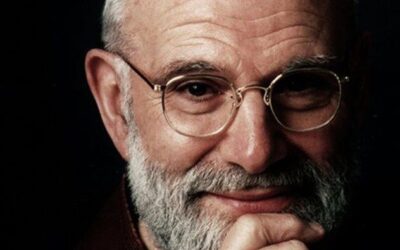
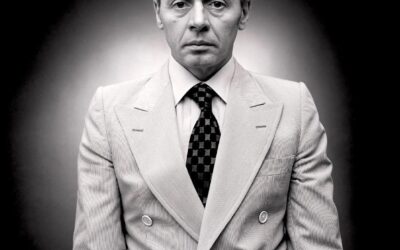
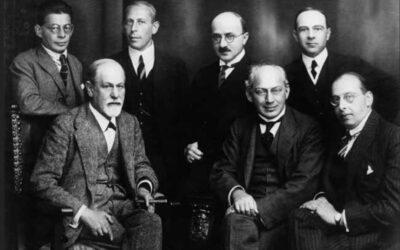
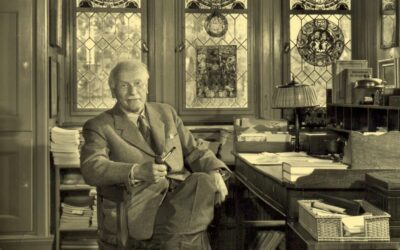
0 Comments